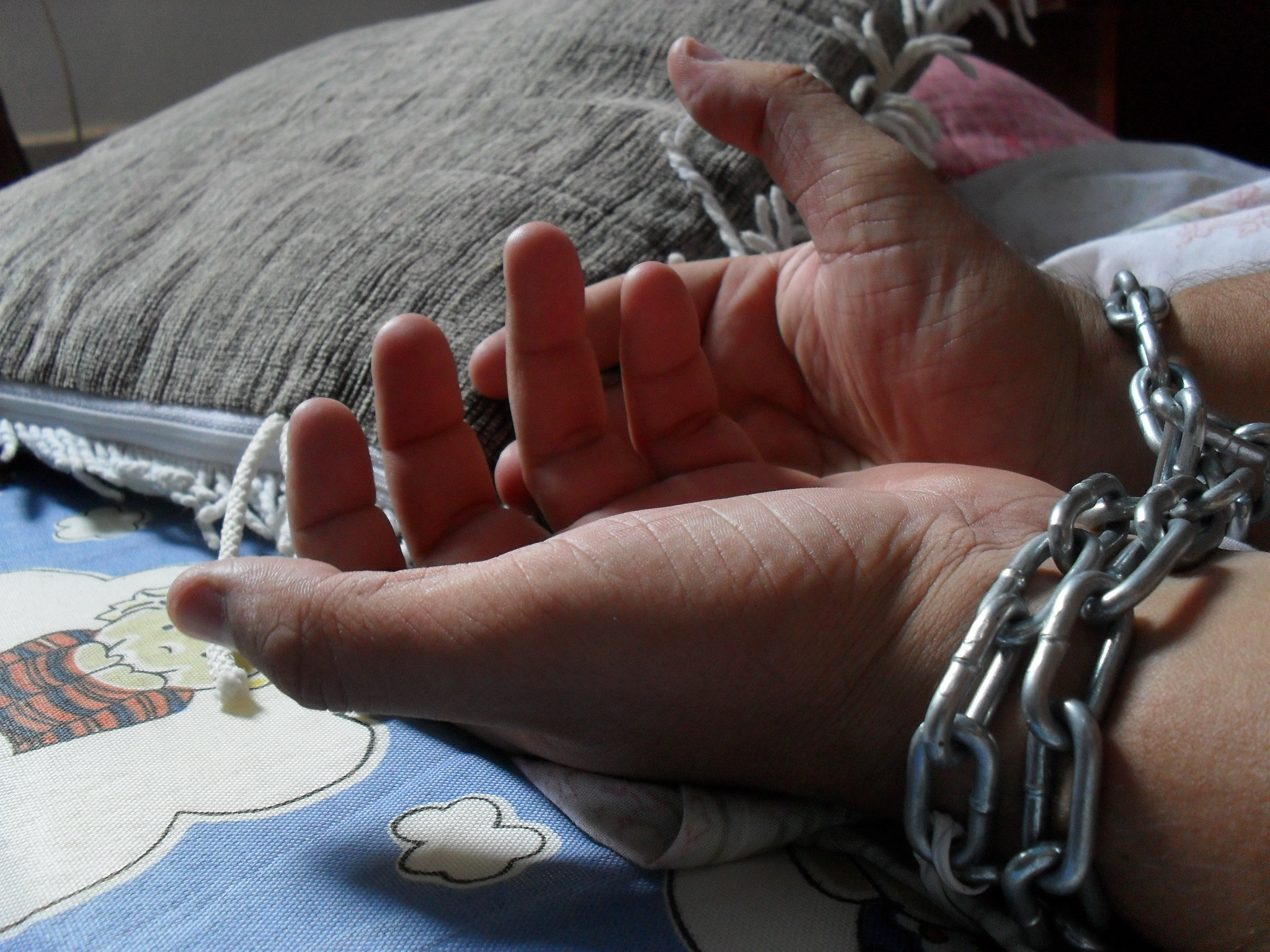Human Trafficking and the Law
The Texas State Capitol building in downtown Austin has been the site of many important discussions and decisions regarding human trafficking. Recently, Texas Gov. Greg Abbott vetoed Senate Bill 1278, which would have allowed victims of human trafficking to claim duress as a defense against any crimes they’re charged with committing on behalf of their traffickers.
The Importance of the Bill
The bill was designed to help people who were forced to break the law because they were being trafficked or abused. According to Elizabeth Henneke, CEO of the Lone Star Justice Alliance, "SB 1278 would help people who were forced to break the law because they were being trafficked or abused. It says that if they committed a crime because they were threatened or controlled by someone else, like a sex trafficker, they could explain that in court as part of the defense."
The Reality of Human Trafficking
Caroline Roberts, general counsel and senior director of policy at the Houston-based nonprofit Children at Risk, has worked with victims of human trafficking for decades. She explains that victims often wind up with criminal records themselves because traffickers put them in situations where they have to carry out illegal activities. "Usually, a trafficker is not going to take any risk himself or herself that they can put onto that victim, and so they’re going to have that person carrying their drugs or opening a bank account in their name that they’re then going to default on," Roberts said.
Long-Term Consequences
Having a criminal record can have long-term consequences for trafficking victims, making it difficult for them to get housing, a job, or a place in the community. "That criminal record is really, really difficult to overcome, in terms of getting housing, a job, a place in the community," Roberts said. "That criminal record is a massive hindrance, and it’s a massive hindrance for someone who is wanting to escape."
The Governor’s Veto
Abbott vetoed the original bill, which passed with strong bipartisan support, saying it was too broad and could allow victims immunity for crimes that had little to do with their being trafficked. However, Henneke argued that this demonstrated a fundamental misunderstanding of the effects of trafficking on its victims. "By the time a trafficker has asked them to engage in some sort of act, be it smuggling drugs or committing a robbery, if they’ve already overcome their will and required them to sell their bodies, it’s very easy to get them to commit other crimes," Henneke said.
The Path Forward
Abbott has directed lawmakers to revisit the issue in a special session, starting Monday, July 21. Henneke said she supports the work Abbott has done in the past to help victims of trafficking, and that any revised bill needs to make clearer that trafficking victims often have had their wills overridden by months or years of grooming and abuse. "So, we’ll be seeking guidance from the governor to say how can we better focus our attention on the proof that a survivor needs to provide that their will has been overcome, that they’ve been coerced, that they have fears [of] reprisal and keep the focus there, rather than on the actions of the survivor which would lead to the charge and the offense," Henneke said.
Conclusion
In conclusion, the issue of human trafficking and the law is complex and multifaceted. While the veto of Senate Bill 1278 was a setback, it has also brought attention to the need for a revised bill that takes into account the unique circumstances of trafficking victims. By working together, lawmakers and advocates can create a system that truly supports and protects victims of human trafficking, rather than punishing them for crimes they were forced to commit.




